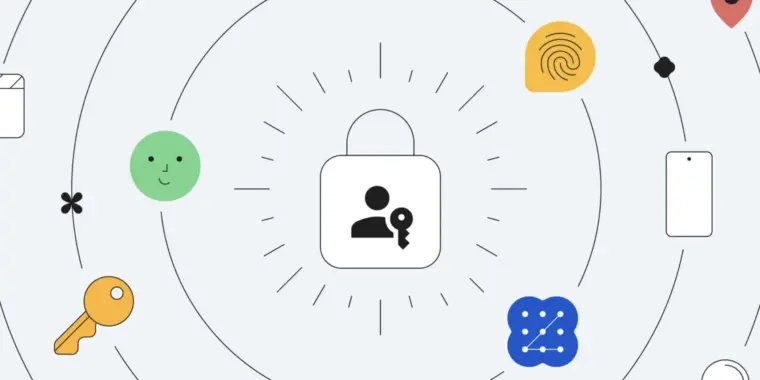Google will now make passkeys the default for personal accounts
Google will now make passkeys the default for personal accounts

arstechnica.com
Google will now make passkeys the default for personal accounts

Passkey is some sort of specific unique key to a device allowing to use a pin on a device instead of the password. But which won't work on another device.
Now I don't know if that key can be stolen or not, or if it's really more secure or not, as people have really unsecure pins.